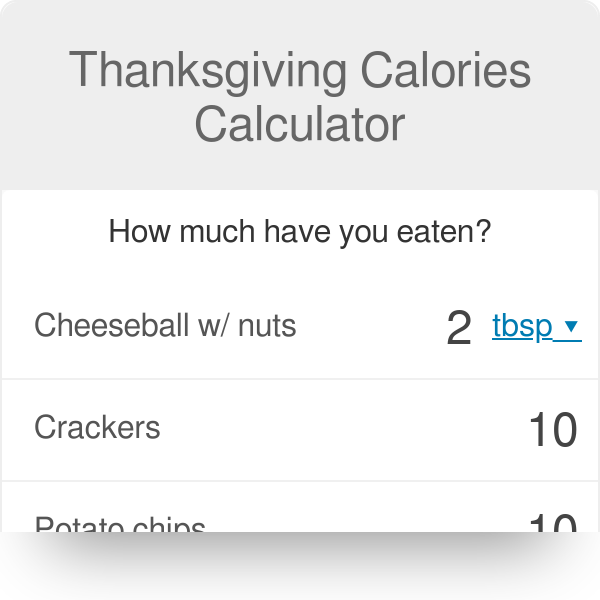
This generally tends to get grossly overestimated. Many require you to personally assess your activity level or how much you move throughout the day. Some formulas require certain parameters like body fat percentage which most people don’t know to any degree of certainty and most body fat measurements tools (calipers, InBody machines, bathroom scales) aren’t all that accurate to begin with. They're also entirely based on the truthfulness of the info you feed into the calculator. Individuals vary and it's impossible to know everyone's exact needs. They’re based on data collected during experiments from general populations of people to form an average and reasonable prediction for caloric needs, but there are always exceptions and outliers to these predictions. There are simply too many factors at play like: They cannot determine the exact calorie/macronutrient intake needs for an individual with 100% accuracy. Is that calculator right? The Answer is still maybe.Īll calculators are estimates and attempts to PREDICT energy needs. Here’s the long answer to that original and seemingly straightforward question. I am here to clear the air about what a calorie/macro calculator is and is not as well as how you can use what a calculator tells you to reach your nutrition goals.

After all, that’s ultimately what matters in the long run. You can decide if counting works for you by how consistent you are at doing it.


Calorie/macro counting works for fat loss but so do other methods and diets as long as they help you maintain an energy deficit. But I’m not here to present on whether you should or shouldn’t count calories to help you lose fat and weight.


 0 kommentar(er)
0 kommentar(er)
